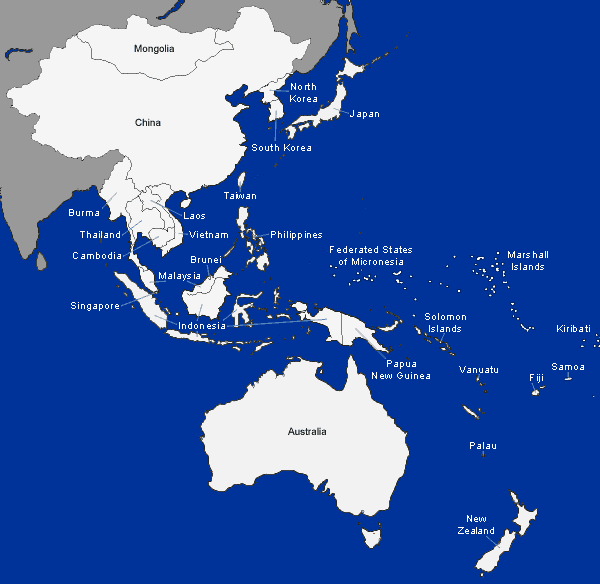By Peter Alford
Canberra and Tokyo are negotiating a defence and security agreement that will open the way for Japanese troops to train on Australian soil. The co-operation pact will bring a new dimension to Australia’s relations with its biggest trading partner, providing for joint military exercises, regular meetings between foreign and defence ministers, exchanges of officials and closer work on regional challenges such as North Korean nuclear proliferation.
It will be Japan’s first bilateral security agreement, other than the US-Japan alliance, which remains the linchpin of the Japanese defence arrangements.
Both Canberra and Washington have been pushing the previously reluctant Japanese Government towards bilateral security relations with Australia, rather than limiting exchanges to their shared alliance with the US.
John Howard will sign the defence and security declaration with Japan’s Prime Minister, Abe Shinzo, when he visits Tokyo in mid-March.
The agreement will be the culmination of a major foreign policy objective pursued by the Prime Minister and Foreign Minister Alexander Downer throughout their decade in government.
Mr Howard will need to reassure Beijing that the agreement does not represent “China containment”, as implied by Mr Abe’s attempts also to promote co-operation between Japan, the US, Australia and India.
However, Mr Abe is also trying to repair Japan-China relations after a severe deterioration during the term of his predecessor Koizumi Junichiro. In April, Premier Wen Jiabao is expected to be the first Chinese top leader to visit Japan in five years.
The agreement Mr Howard signs will be the first step towards Japanese troops exercising and training in Australia for an expanded role in international peacekeeping efforts.
Australian and non-combatant Japanese troops have worked together in Cambodia, East Timor and Iraq.
The Japanese were impressed that Australia stepped forward in 2005 to provide security for their engineering contingent in southern Iraq, a move which in itself signalled the continuing improvement in relations between the former World War II foes.
However, the only joint military exercises undertaken by the Japanese military are with US forces.
Vessels from all three countries engage in the Strategic Defence Initiative, a program mainly focused on intercepting North Korean shipments of missile and nuclear weapons technology.
But because of domestic hostility to offshore military activity and the constraints of the country’s pacifist constitution, Japan sends its coast guard to SDI exercises rather than its navy, the Marine Self-Defence Force — which, after the US navy, is the biggest and best-equipped in the Pacific.
Later this year, Mr Abe will launch his campaign to amend the 60-year-old constitution to allow the Japan Self-Defence Forces a more “normal” military role, such as using armed force to protect peace-keeping missions.
But the main obstruction to closer security relations between Japan and Australia has been strategic rather than constitutional.
Until Mr Abe, Japanese governments have focused their security arrangements exclusively on the US and treated other potential partnerships as unnecessary distractions.
However, the economic rise of China and Japan’s increasing strategic isolation in its own neighbourhood has motivated Mr Abe to seek closer ties with Australia and India, the two regional “middle powers” on the basis of their shared liberal-democratic and free market values.
Mr Abe has initiated free trade agreement negotiations with both countries and in the case of Australia that has meant defying powerful domestic agriculture lobbies who are frightened by the prospect of Japan dismantling its high barriers to imported farm products.
A close ally of the Prime Minister, Canon Inc chairman Mitarai Fujio, arrived in Australia yesterday at the head of a high-powered Nippon Keidanren (Japan Business Federation) delegation.
Mr Mitarai’s party, the first from Keidanren to visit since 1997, wants to promote a comprehensive FTA including agriculture and also an East Asia FTA that includes Australia.
The delegation will hold talks with Mr Howard, federal Treasurer Peter Costello, Mr Downer and Trade Minister Warren Truss, as well as top local business people in the Australia-Japan Business Co-operation Committee. Established in 1962, the committee has played a vital role in forging and strengthening economic links between Australia and Japan.
Peter Alford is Tokyo correspondent for The Australian.
This article appeared in The Australian on February 5, 2007.
See also Desmond Ball, Whither the Japan-Australia security relationship? In the Australian Policy Forum 06-32A 21 September 2006.






